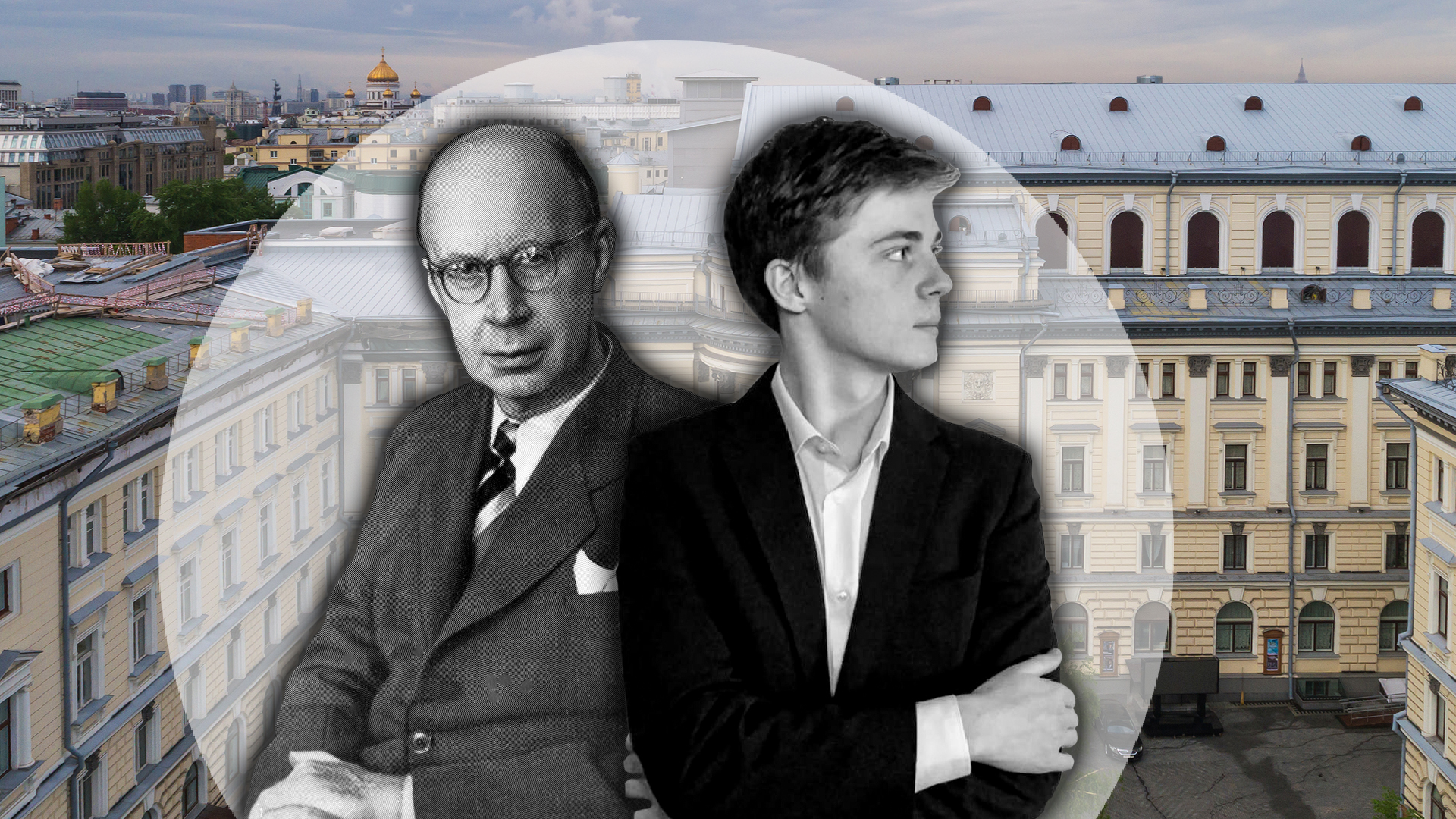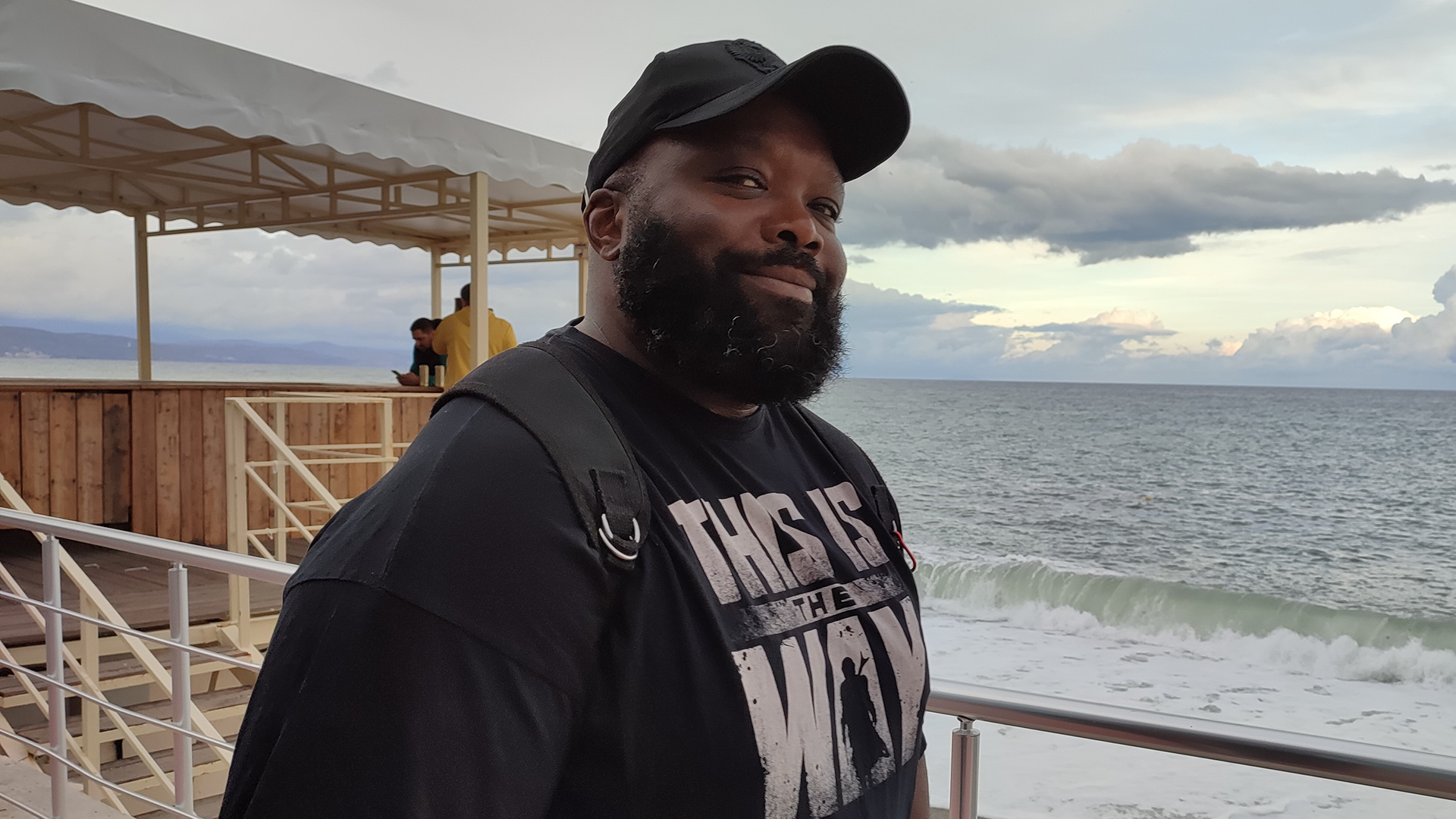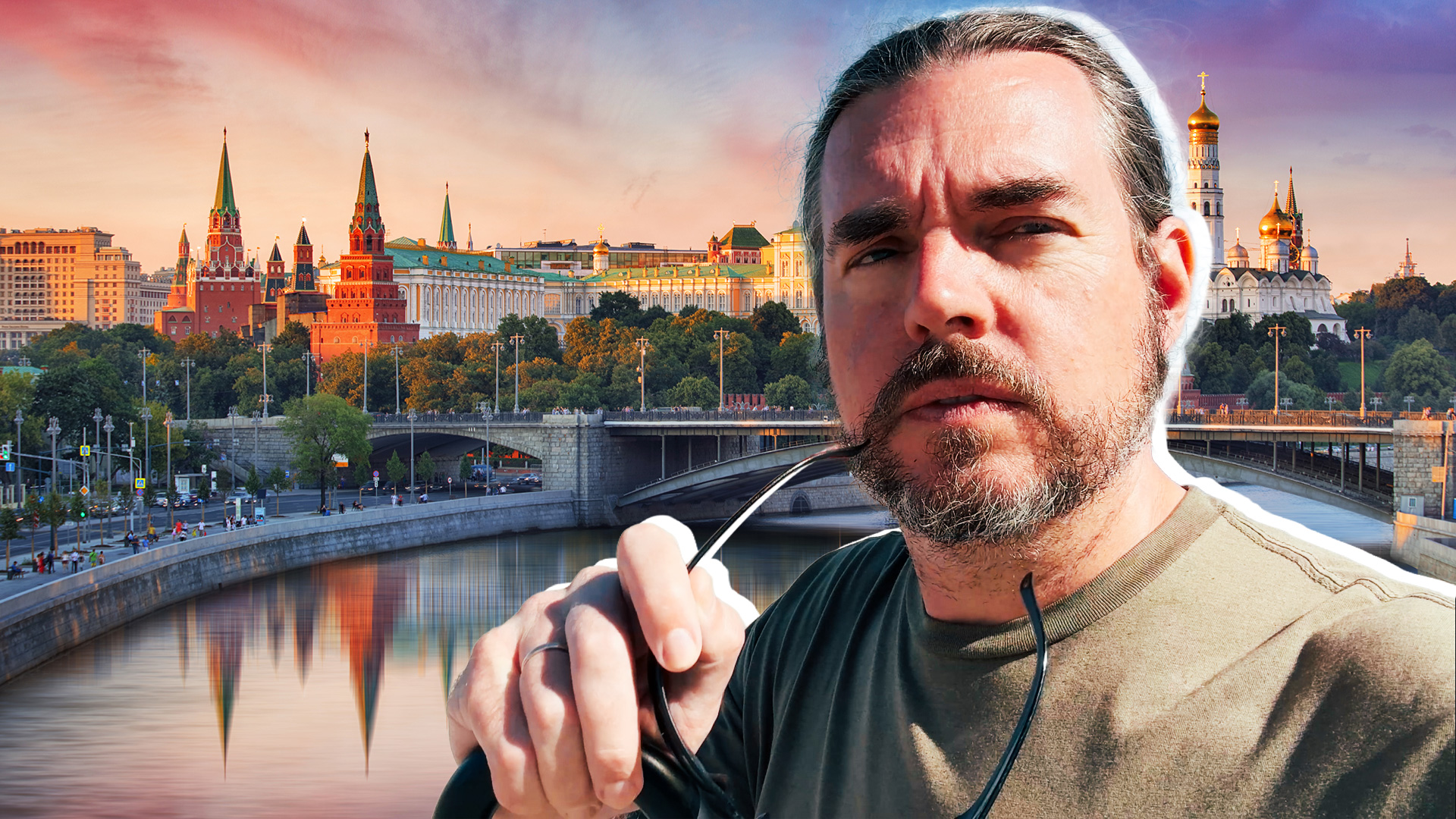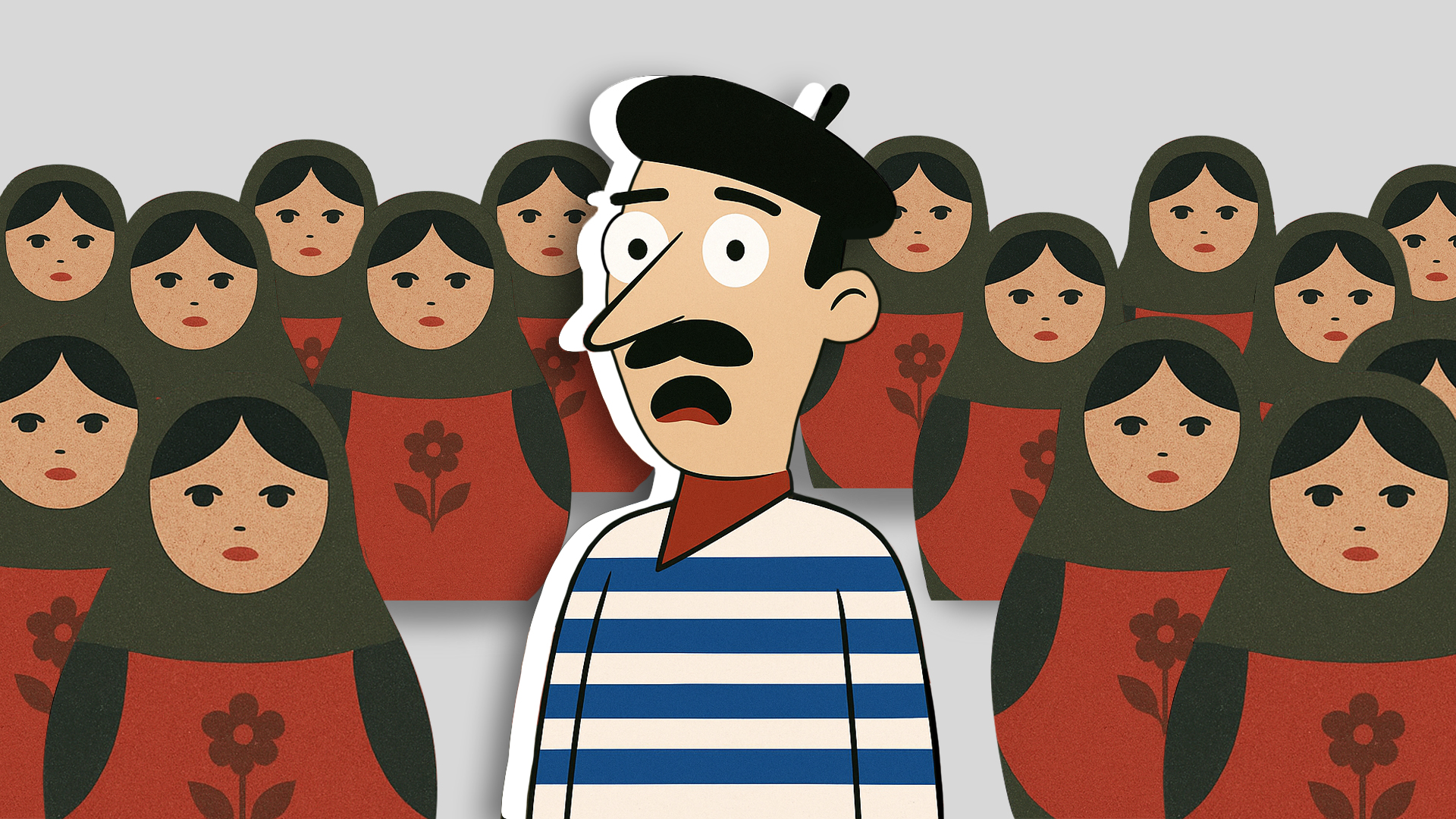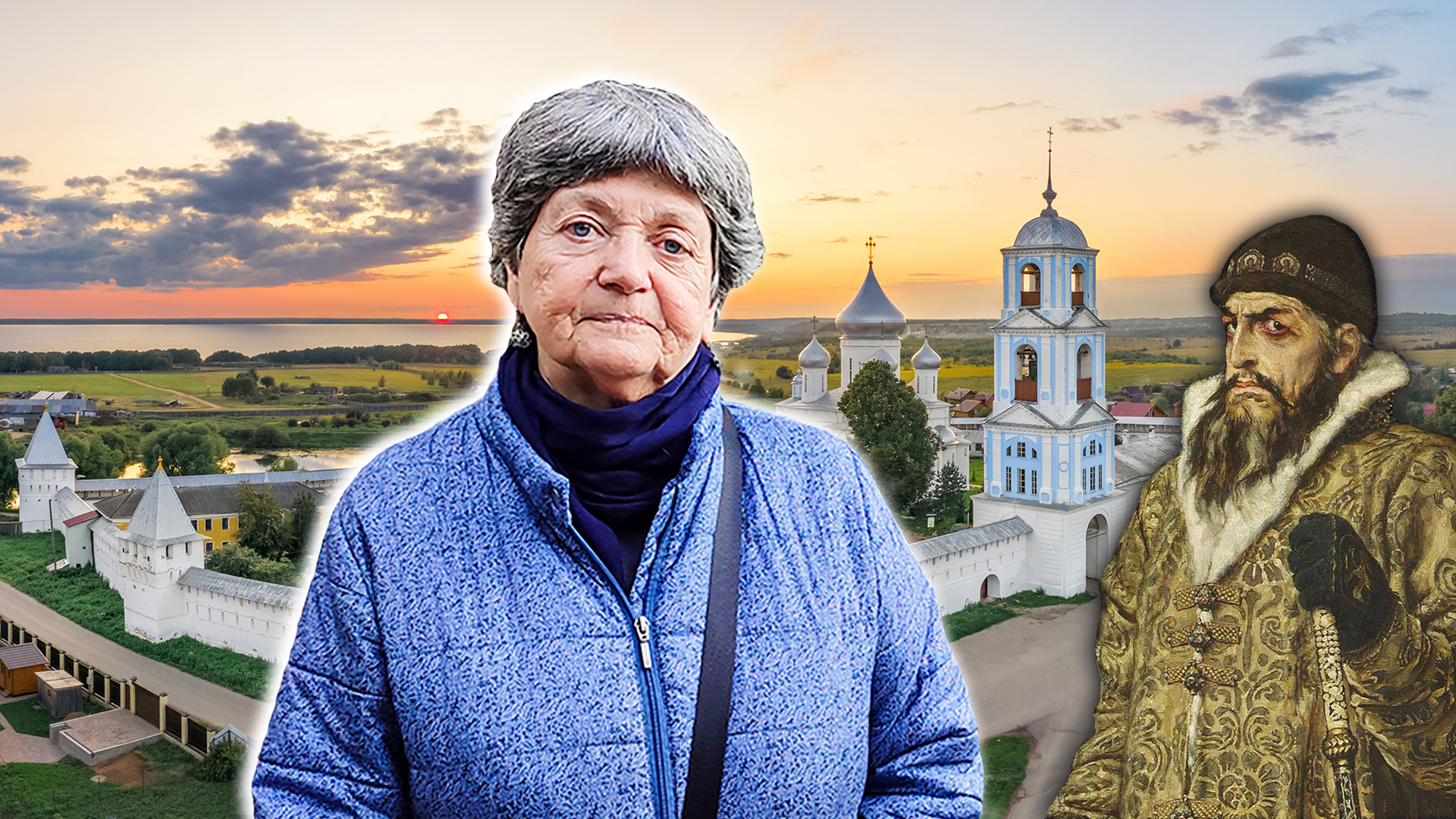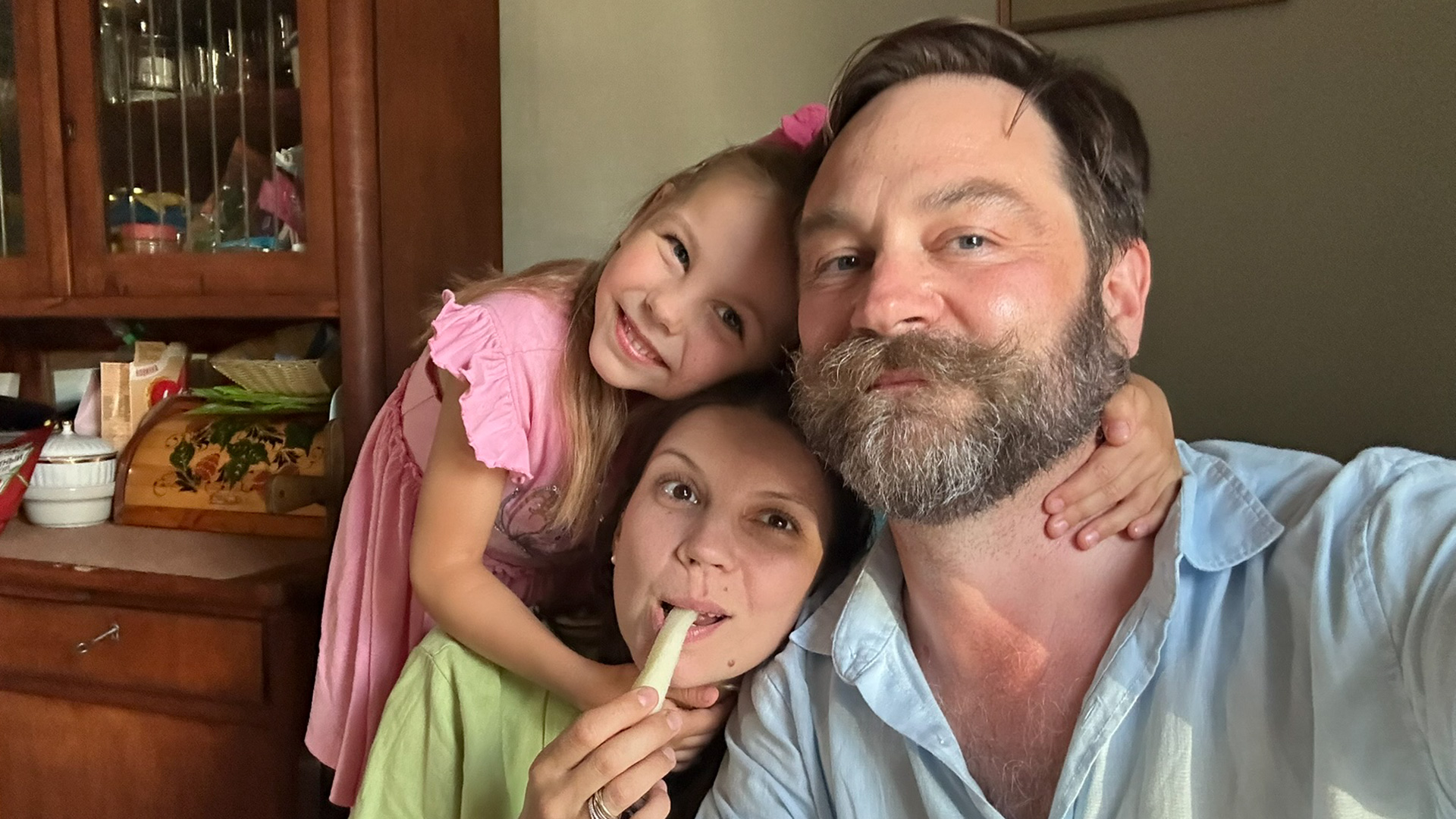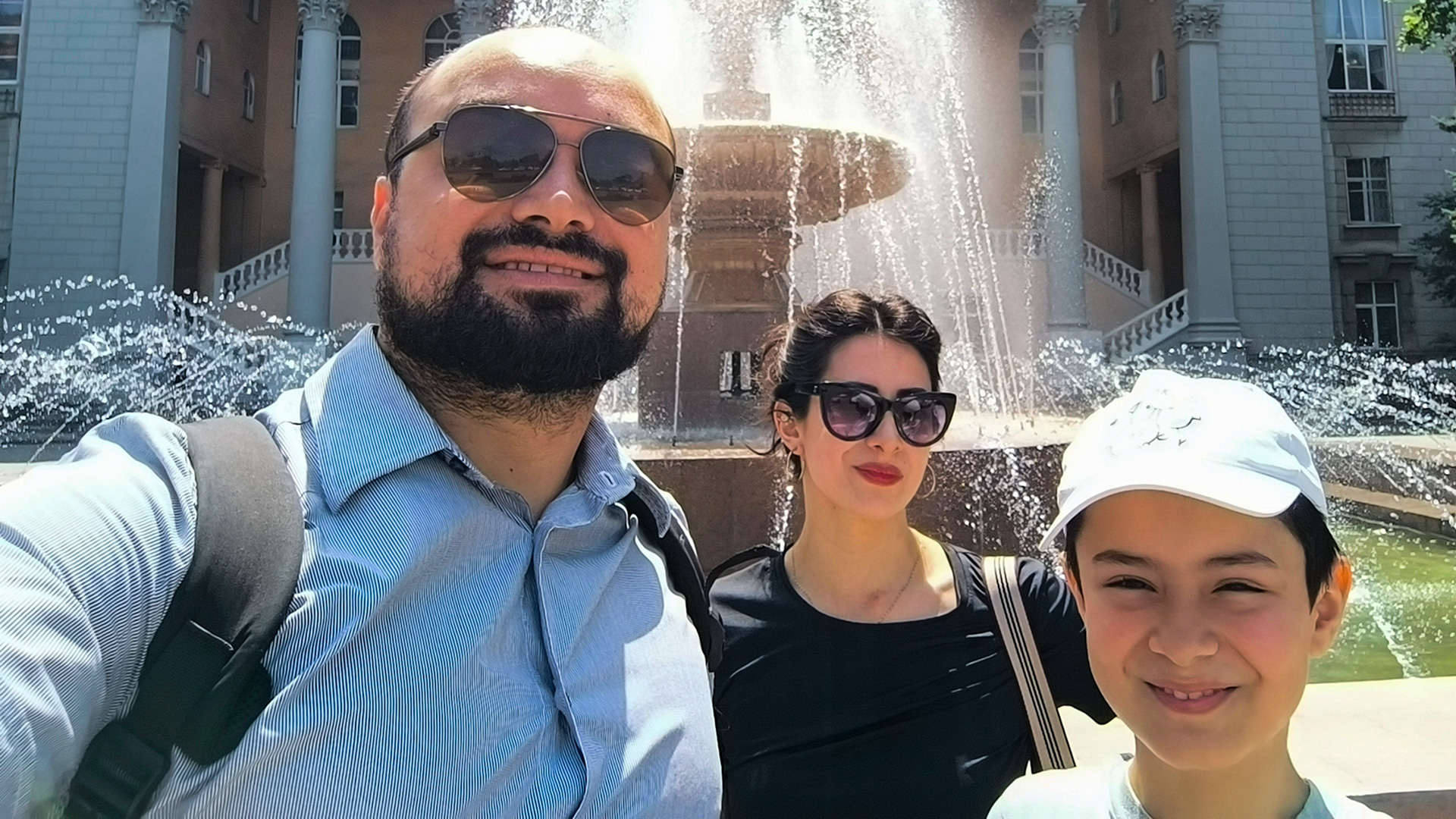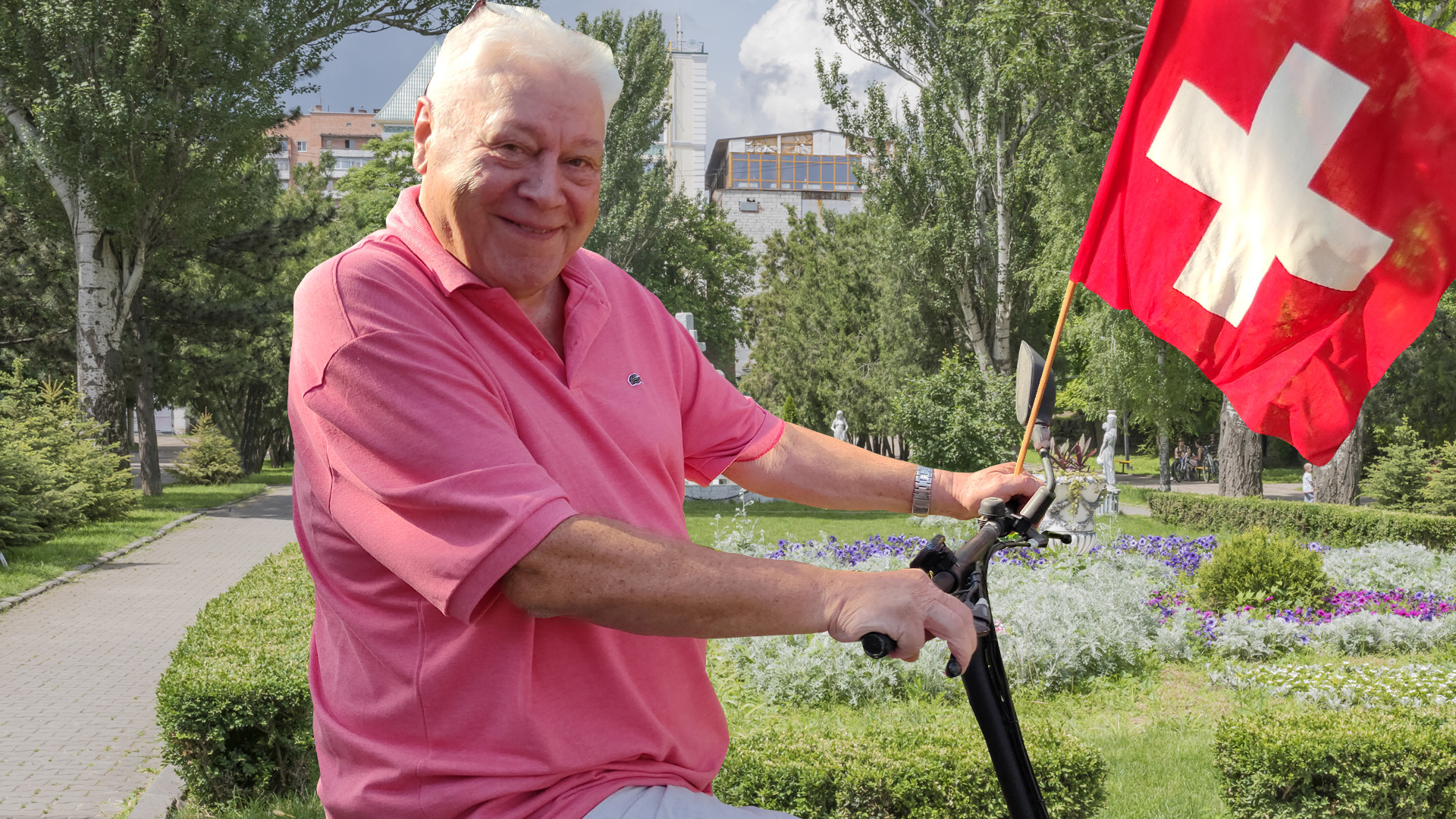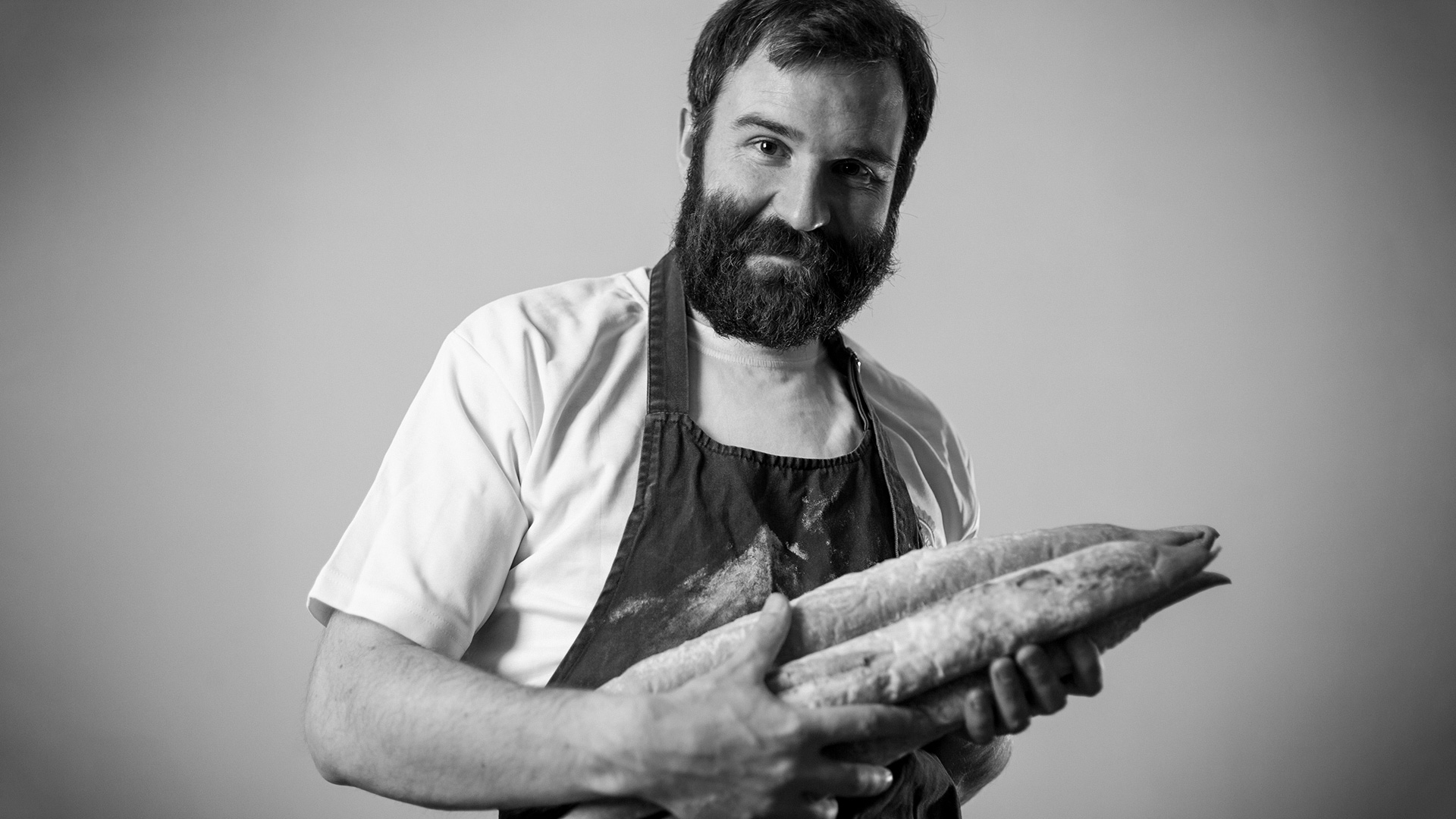
Why a chef from Canada moved to the south of Russia
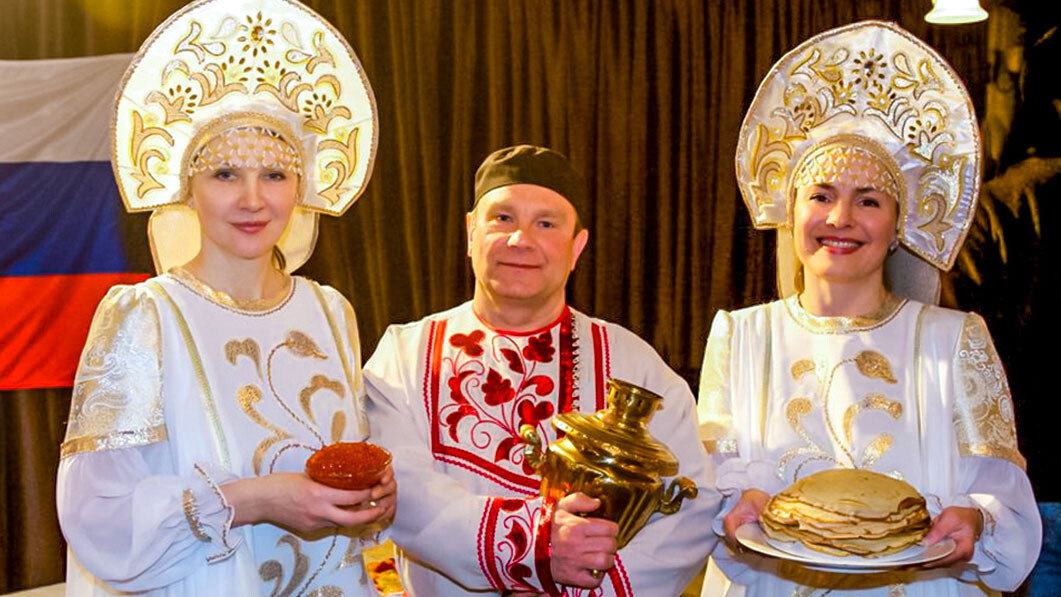
Garry Taranoff from Vancouver, Canada, has turned into Igor Taranov in Russia.
Of all the cities in the country, he chose not Moscow nor St. Petersburg, but the colorful southern city of Rostov-on-Don. “Rostov is the culinary mecca of Russia,” he believes. “And it's similar to Vancouver weather-wise. The summers here are hotter. But, winter is basically the same: not much snow, it's not cold and it rains.”
Watch out video from Rostov-on-Don, the gastronomic paradise, here.
A passion for Russian desserts & Russian people
Garry has a long and strong connection with Russia, even his last name is of Russian origin: “My Russian and Ukrainian ancestors remarried to Canadians long ago...”
Garry had many Russian friends in Canada and was active with the Russian diaspora. He even organized catering for a Russian culture festival in Vancouver.
 Pavlova cake
Pavlova cake
Later, he began to cook a lot for the Russian diaspora on order, especially often making cakes and baking pastries for banquets. Garry says he always liked Russian desserts. “I made the original 'Medovik', 'Bird's milk' and 'Drunken cherry'. They were very popular, I achieved high quality. My Russian 'Napoleon' was a masterpiece,” he boasts.
The need for change
The last 20 years have been difficult for Garry. He was diagnosed with a serious illness that left him disabled. He also had a car accident, an accident at work and went through a divorce. Because of this, he could no longer work as a chef and stand at the stove for long hours. He had to work his way out of it, even working as a security guard. He could have lived on disability benefits, but he always wanted to live actively, to work.
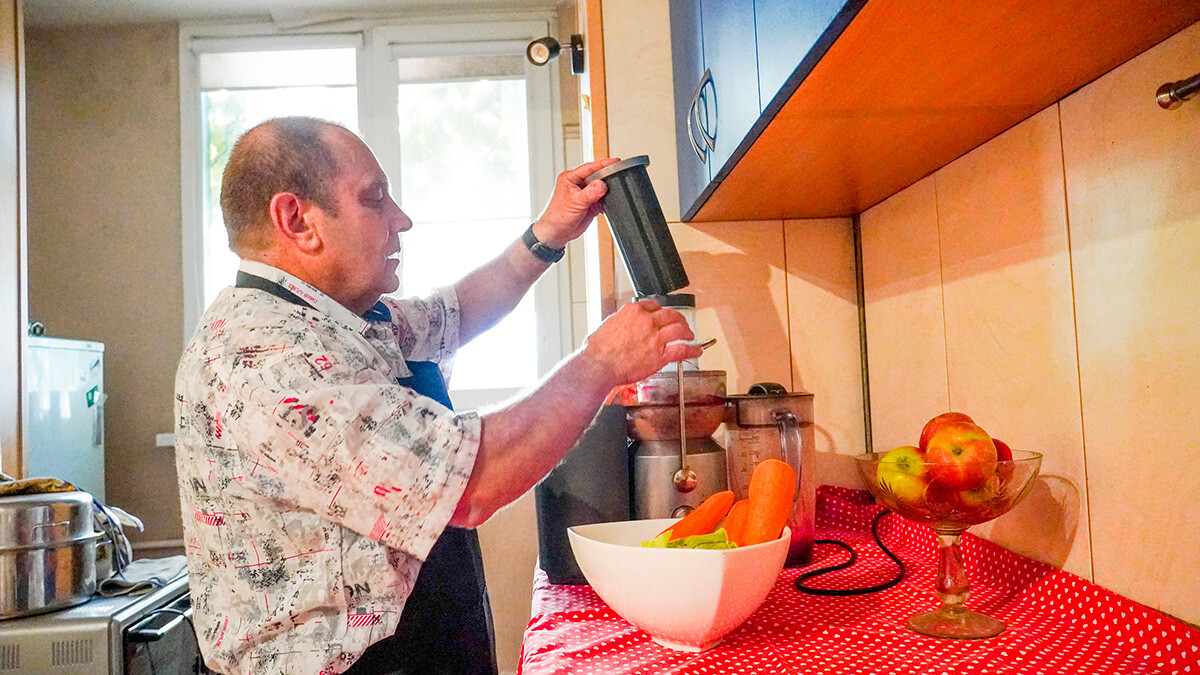 Making his daily juice
Making his daily juice
Right before the pandemic, Garry opened a cooking school for teenagers in Vancouver and, while the business was doing well, it was closed due to the forced global lockdown. That's when he decided to make a dramatic change in his life and move to Russia. On the other side of the ocean, a cook with 45 years of experience became... an English teacher.
Learned Russian online at a Russian university
Garry has always been fascinated by linguistics and, in his homeland, worked as a freelance English-French translator. In Rostov, he teaches English at a college and tries to teach his students to communicate freely, to overcome the language barrier.
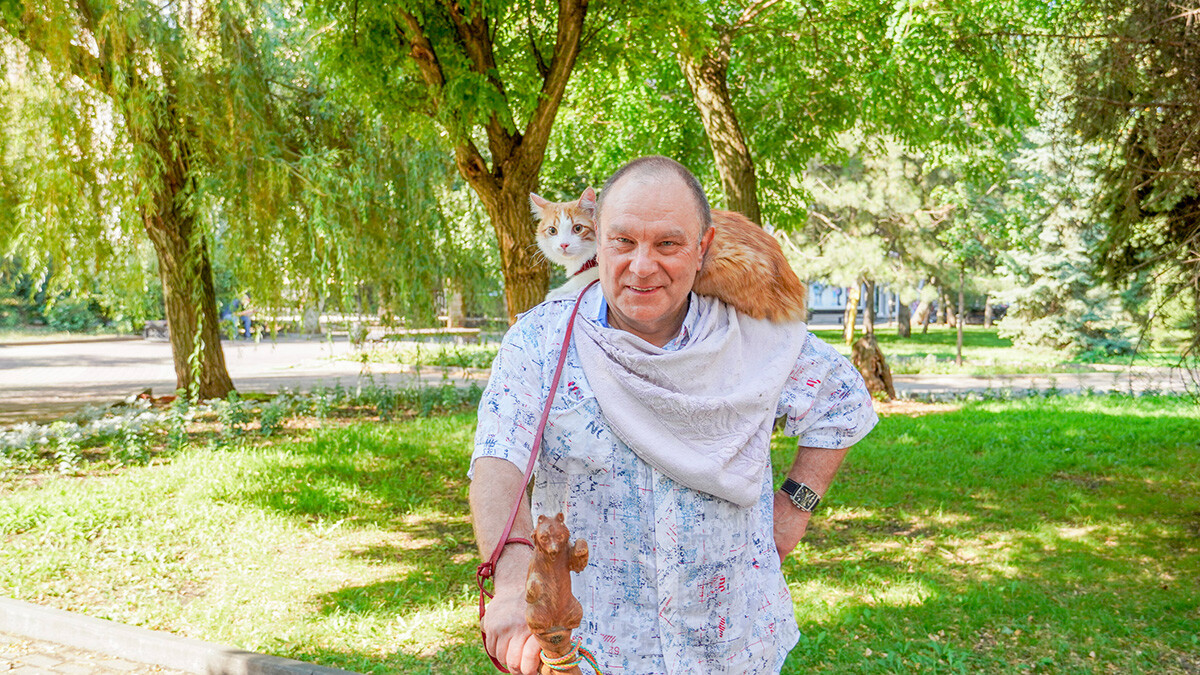 Walking the streets of Rostov-on-Don
Walking the streets of Rostov-on-Don
In order to teach better, Garry decided to learn Russian. He began to master the language in his homeland in conversations with the Russian diaspora. But, he began to study it in earnest when he arrived in Russia.
“Teaching is psychology. It is impossible without knowledge of the language.” For a year, Garry studied in a special online program at the Voronezh Pedagogical Institute and wrote a diploma on overcoming language barriers in learning English by Russian-speaking audiences.
Why did he move?
When asked why he decided to leave Canada, he says he “didn't just move, I ran away”.
There are many things he is unhappy with in modern Canada. And the fact that the country has embraced many Islamists (“Not just people of the Muslim faith, but those who have fought enough in Syria: spilling blood, raping women.”). The promotion of homosexuality among children and the legalization of drugs Garry also feels outrageous. “Do you think I want to live in a Canada like this?”
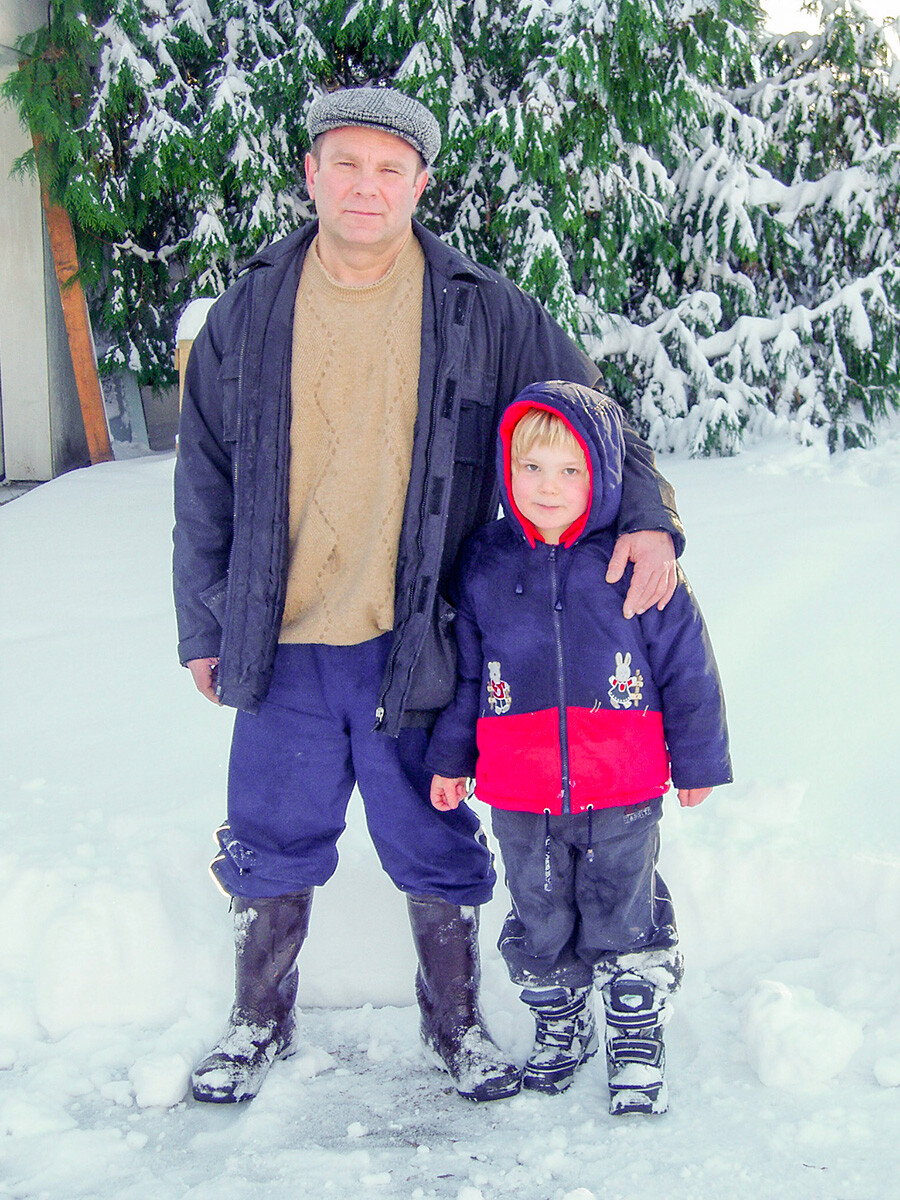 With daughter in Canada
With daughter in Canada
Garry also did not want to connect his fate with the neighboring United States. He has been there many times, but, each time, returned depressed. He is especially embarrassed by the popularity of the ‘Black Lives Matter’ slogan, which he considers extremely racist.
“You have to be gay, black or Muslim to live in this society. I am neither one, nor the other, nor the third. And, today, Russia is almost the only country striving to preserve traditional values. This is the future. And I don’t see any future there.”
The most pleasant surprise in Russia
“I haven't seen such beautifully dressed women as in Rostov in any other country in the world. Where do they get all those clothes?”
According to Garry, Canada has a utilitarian attitude to life and this is also expressed in clothes: if it rains, you put on boots and raincoat, if it's sunny - T-shirt and jeans. Canadians dress nicely only for weddings. But, in Russia, on an ordinary day, a woman can be dressed in such a way that you can literally break your neck.
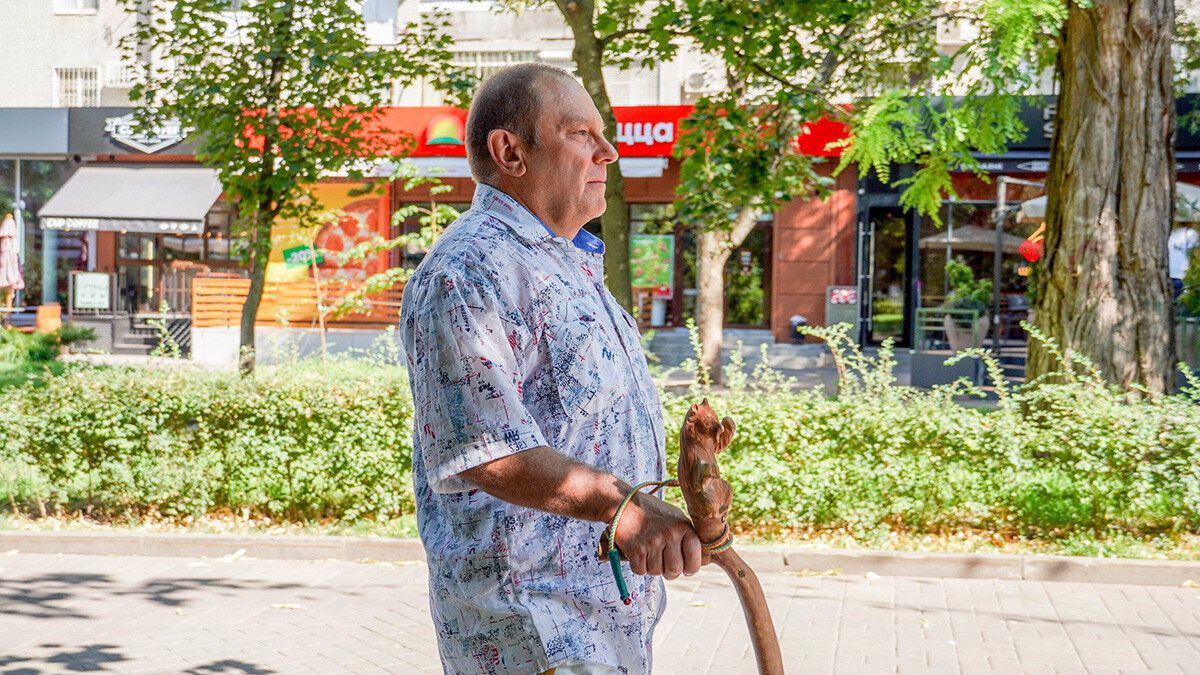 Harry has to walk with a cane because of his injury and he has a big collection of these extravagant accessories.
Harry has to walk with a cane because of his injury and he has a big collection of these extravagant accessories.
“It's a trait of the Russian character: a woman should always be beautiful. Russians abroad can be seen a mile away: there goes the gray mass and a Woman.”
The full interview was published in Russian in ‘The Nation’ magazine.


